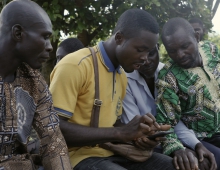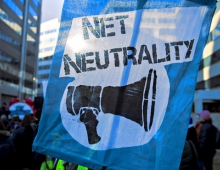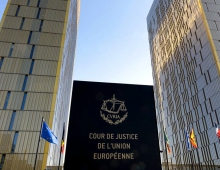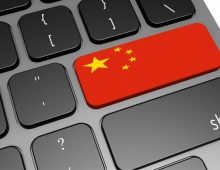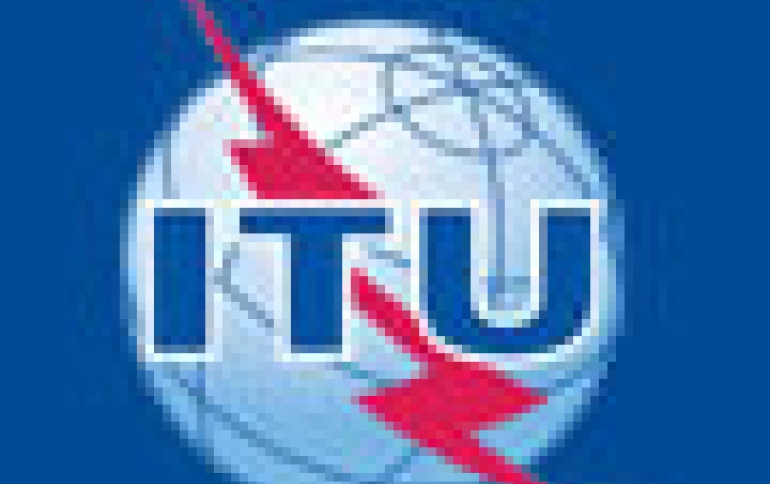
UN Internet Treaty Blocked
The proposed global telecoms treaty that would give national governments control of the internet has been blocked by the US and western and African nations.
The aformentioned countries said they are "not able to sign the agreement in its current form" at the end of a International Telecoms Union (ITU) conference in Dubai.
The proposals would have given individual governments greater powers to control international phone calls and data traffic, but were opposed.
The US was joined in its opposition by the UK, Canada, Costa Rica, the Czech Republic, Denmark, Egypt, Kenya, the Netherlands, New Zealand, Poland, Qatar and Sweden. All did not sign the proposed final text.
ITU 's conference has been the source of controversy because the ITU has been accused of seeking to take control of the internet, and negotiating behind closed doors.
A bloc led by Russia China and the United Arab Emirates claimed the internet should be part of the treaties because it travels over telecoms networks.
Other countries signed the telecommunications treaty Friday, which is expected to have little practical force following the absence of so many of the largest economies.
ITU Secretary-General Hamadoun Toure on Friday said the 12-day meeting "has succeeded in bringing unprecedented public attention to the different and important perspectives that govern global communications." He called the signing of the treaty this afternoon a "momentous occasion and historic opportunity to bring connectivity to the two thirds of the world's people who are still offline."
A PDF version of the Final Acts of the new ITRs is available at: www.itu.int/en/wcit-12/Documents/final-acts-wcit-12.pdf .
The proposals would have given individual governments greater powers to control international phone calls and data traffic, but were opposed.
The US was joined in its opposition by the UK, Canada, Costa Rica, the Czech Republic, Denmark, Egypt, Kenya, the Netherlands, New Zealand, Poland, Qatar and Sweden. All did not sign the proposed final text.
ITU 's conference has been the source of controversy because the ITU has been accused of seeking to take control of the internet, and negotiating behind closed doors.
A bloc led by Russia China and the United Arab Emirates claimed the internet should be part of the treaties because it travels over telecoms networks.
Other countries signed the telecommunications treaty Friday, which is expected to have little practical force following the absence of so many of the largest economies.
ITU Secretary-General Hamadoun Toure on Friday said the 12-day meeting "has succeeded in bringing unprecedented public attention to the different and important perspectives that govern global communications." He called the signing of the treaty this afternoon a "momentous occasion and historic opportunity to bring connectivity to the two thirds of the world's people who are still offline."
A PDF version of the Final Acts of the new ITRs is available at: www.itu.int/en/wcit-12/Documents/final-acts-wcit-12.pdf .



